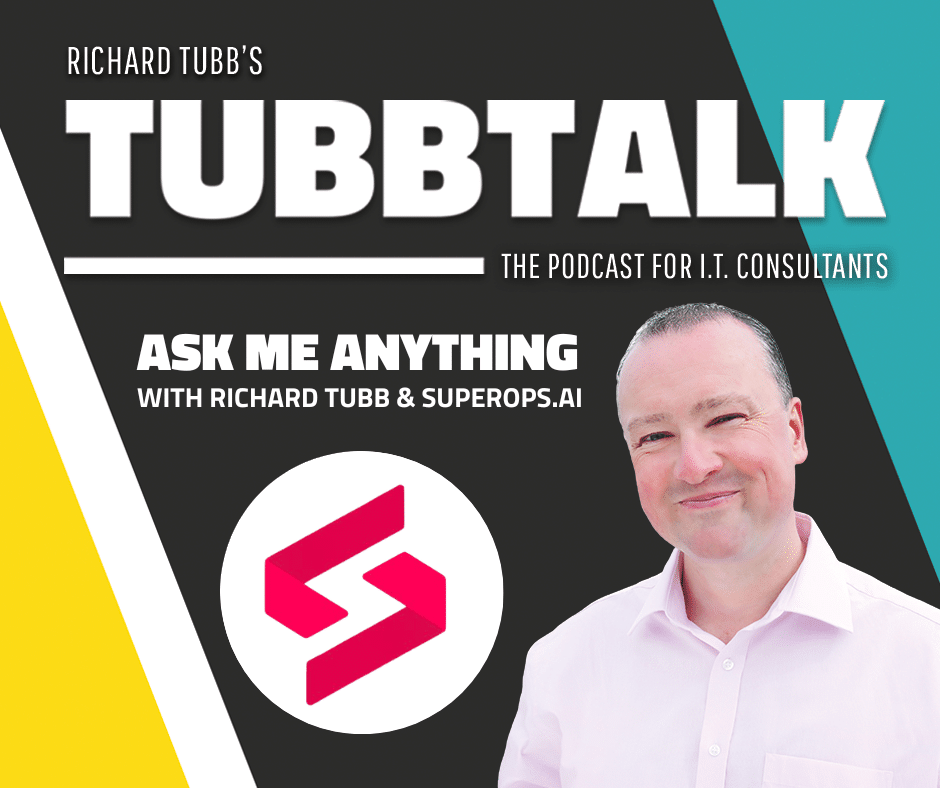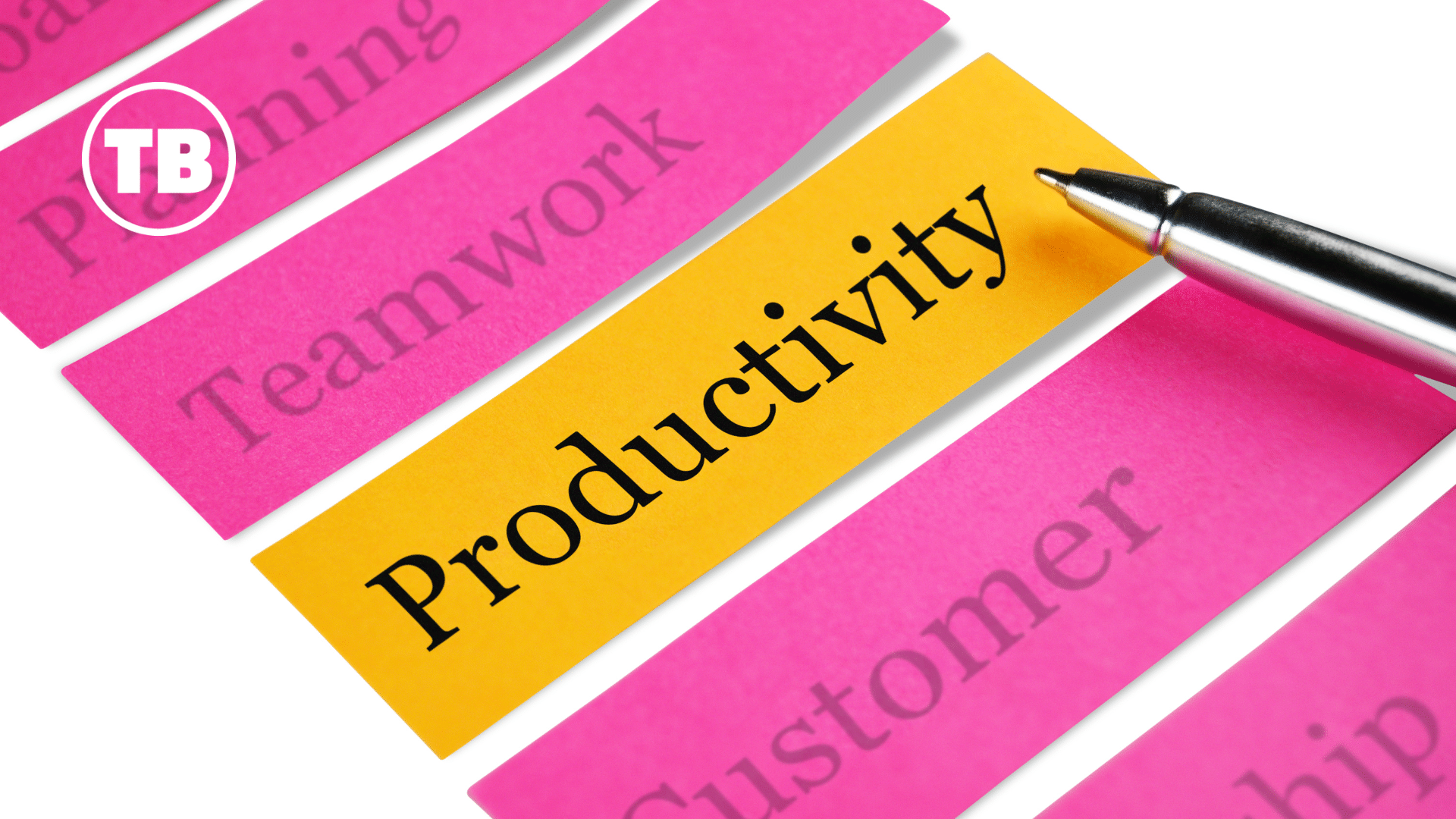
Quite apart from the technology involved in making a tool like Sanebox so useful to me though, is how Sanebox has allowed me to take a matter-of-fact view on the number and type of e-mails I receive – matter-of-fact because when it comes down to it, it’s made me realise that hardly any of the e-mail I get is important at all.
E-Mail is not for conversations
Last year I wrote about my experiment in using the Telephone instead of E-Mail and how it helped me to drastically reduce the number of e-mails I have to deal with.
E-Mail is useful for disseminating information. But nowadays the majority of us miss out on important stuff because we’re convinced that dealing with lots of e-mail and being busy is a standard operating procedure of successful people.
It isn’t.
Being productive is about getting things done. A year on from my experiment in using the telephone instead of e-mail, the quickest way to get more than 75% of the things I need to get done is by picking up the telephone and talking to somebody instead of e-mailing them.
As a general rule, if I receive an e-mail and I know I can reply to that e-mail with some information without expecting any follow-up – I’ll do it.
But take that rule and apply it to all the e-mails you receive – questions about products and services, enquiries about availability, requests for advice and guidance and more – and I’m guessing that, like me, you’ll find it quicker to pick up the telephone and call the person to close the loop instead of having a conversation with them over e-mail.
Dealing with non-important e-mails
Once you’ve used that rule to deal with important e-mails that require a response, you’re left with the rest of the e-mails you receive on a day-to-day basis. LinkedIn connection requests, Social Media invites, e-mail newsletters and the like.
The interesting thing I’ve found is – you begin to realise that hardly any of these messages are important.
I like to think I’ll read the e-mail newsletters I subscribe to – but I never do. Thanks to blogs and social media, I still manage to keep abreast of current events.
I’d like to respond to all the LinkedIn requests I receive – but I never do. Somehow, those people who are genuinely interested in connecting with me still find a way to.
If something is important, it’ll find it’s way onto my radar. If it’s not – it can safely be ignored. And if it can safely be ignored – what’s the point in receiving an e-mail about it in the first place?
My latest experiment
With this in mind, my latest experiment is to reduce the number of e-mails I get by half.
In March 2013, my Google Account Activity tells me I received a 1042 e-mails.
I’m going to try to get that figure down to around 500 e-mails a month or less and see if I’m still as productive and as profitable as before.
How about you? Is the volume of e-mail you receive important, or does it just make you feel important?
EDIT (1st July, 2013):- My latest Google Account activity reports tells me I’ve reduced the number of e-mails I received last month to 744. Not too shabby! Half way towards my goal of reducing to 500 e-mails a month!














Comments
4 thoughts on Is your e-mail important, or does it just make you feel important?
ROSS BEARD
22ND APRIL 2013 23:10:05
Hey Richard, Great post and I particularly like your theory on just picking up the phone. I think that's a good approach but one thing I love about email is the ability to reach anyone from any time zone, at any time of the day. Particularly for us Aussie's where we are stuck in the middle of the two biggest markets (US & Europe) - from a timezone perspective. Question for you - have you heard of unroll.me? (http://unroll.me) - similar to SaneBox but puts all your 'subscription emails' into one daily 'roll up' - makes it super easy to skim through and expand and emails that do need more attention.
RICHARD TUBB
23RD APRIL 2013 07:17:07
Thanks Ross! Yes, email is useful for different time zones. But even so, there are always cross over times when you can schedule Skype calls. Unroll.me I'm familiar with. It's a good concept, but I found myself ignoring the rolled up emails anyway! I think we all have the same amount of hours in the day so we need to decide what is important and what isn't.
JO HARRISON
23RD APRIL 2013 07:53:33
Great post Richard, I have tried to set-up a SaneBox kind of thing in my email software with rules, but still stuff gets through... I might check it out to see if it will save me some time. I use Mailbox for my personal email on my iPhone and it's great, I could do with something similar for my work stuff.
RICHARD TUBB
23RD APRIL 2013 08:59:54
Jo - thanks! Sanebox isn't perfect, but it does learn your senders priorities if you teach it. For me, it helps me keep paying clients first and foremost above anyone else in my inbox.